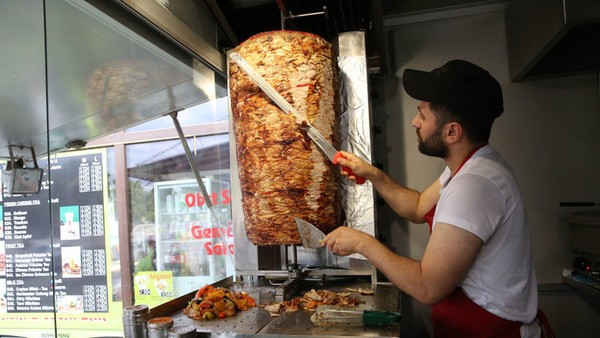Outlined in a policy document revealed by German tabloid Bild, the proposal entails capping the price of a doner kebab at €4.90, or €2.50 for students, young individuals, and those with low incomes. Given the current average price of €7.90, the government would cover the difference, with the Left party estimating the cost based on the consumption of approximately 1.3 billion kebabs annually.
Left party executive Kathi Gebel emphasized the necessity of intervention to prevent doner kebabs from becoming a luxury item, highlighting the significance of affordability, particularly for younger demographics. The proposal aims to address the economic challenges faced by both consumers and kebab shop owners.
While the doner kebab holds a cherished status as Germany's favored fast food, concerns regarding its nutritional content have also been raised. Despite its popularity, health experts caution against excessive consumption due to high salt and saturated fat levels.
The recent surge in doner kebab prices, attributed to factors like escalating rent, energy costs, and inflation, has sparked public dissatisfaction. Some have directed their grievances toward Chancellor Olaf Scholz, associating the price hike with his policies, particularly concerning energy supply decisions.
Scholz, however, has dismissed calls for a price cap, citing the European Central Bank's efforts to manage inflation. Despite growing demands for intervention, Scholz has stood firm on this stance, aligning with economic strategies that prioritize broader stability.
The plight of doner kebab enthusiasts mirrors broader economic challenges in Germany, as evidenced by recent developments in the steel industry and downward revisions of economic growth projections. Concerns over high energy expenses and stringent environmental regulations have contributed to workforce reductions and subdued economic outlooks, underscoring the multifaceted impacts of policy decisions on various sectors.








